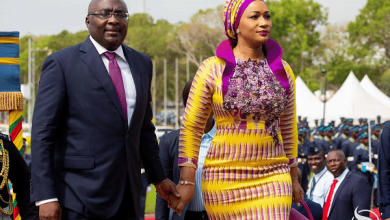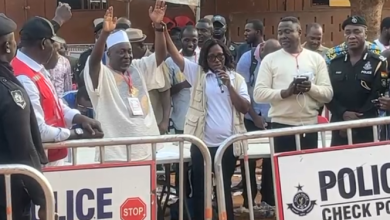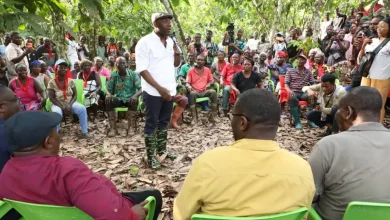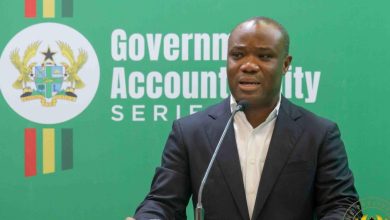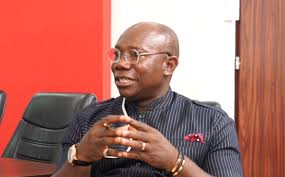Acknowledge rejection of 2022 Budget – Minority to Majority
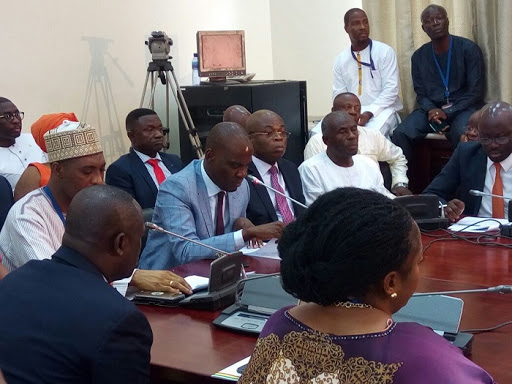
The Minority Caucus in Parliament has urged the Majority side to accept defeat and acknowledge that the 2022 Budget has been rejected by the House.
In a statement issued on Sunday (28 November), the Minority said it “is shocked and disappointed at the recent attack of the Rt. Hon Speaker by the Majority Leader in his attempt to explain away their inability to show leadership in the House during the consideration of the 2022 Budget Statement and Economic Policy.
“The Minority wishes to strongly advise the Majority Leader and Government to accept defeat, acknowledge the rejection of the 2022 Budget Statement and Economic Policy by Parliament and focus on discussions on how to save the country from an imminent economic crisis.”
The Minority said until government includes, reviews and withdraws certain policies and initiatives in the 2022 Budget, it will not approve the 2022 Budget.
The Minority wants the government to suspend the proposed 1.75% E-Levy and a proper reconstruction of paragraph 829 of the Aker Energy deal relating to GNPC’s acquisition of stake from Aker Energy and AGM Petroleum.
“Disregard rejection of budget”
However, the Majority has also called on Ghanaians to disregard the move by the Minority side of Parliament on 26 November 2021 to reject the government’s 2022 Budget Statement and Economic Policy.
In a statement issued after the proceedings in Parliament on 26 November, the Majority Caucus said it “hereby notifies the Ghanaian public to kindly disregard the decision by Speaker Alban Bagbin, that 137 Members of Parliament have the power to take a decision for Parliament and have consequently rejected the 2022 Budget Statement and Economic Policy of the Government of Ghana”.
The statement continues: “Article 104 of the 1992 Constitution and Order 109 of the Standing Orders of Parliament are very clear. The two provisions, read together, require that at least 138 MPs needed to have been present in the Chamber at the time of the purported vote.
“Therefore, the claim that the Budget has been rejected by 137 Members of the House is null, void and of no effect, because same is unconstitutional,” the statement from the Majority says.
But the Minority has refuted the claims of unconstitutionality, describing their colleagues in the Majority as “irresponsible” urging them to accept the rejection of the 2022 Budget in good fate.
“The Minority wishes to strongly advise the Majority Leader and Government to accept defeat, acknowledge the rejection of the 2022 Budget Statement and Economic Policy by Parliament and focus on discussions on how to save the country from an imminent economic crisis.”
“We hope the NPP government will do what is right and proper when considering a revised budget. The NPP Government should critically take on board the view of the Minority and sentiments of the Ghanaian populace and bring a Budget that is acceptable and address the issues of the general public”, the Minority said.
Source: Asaaseradio



